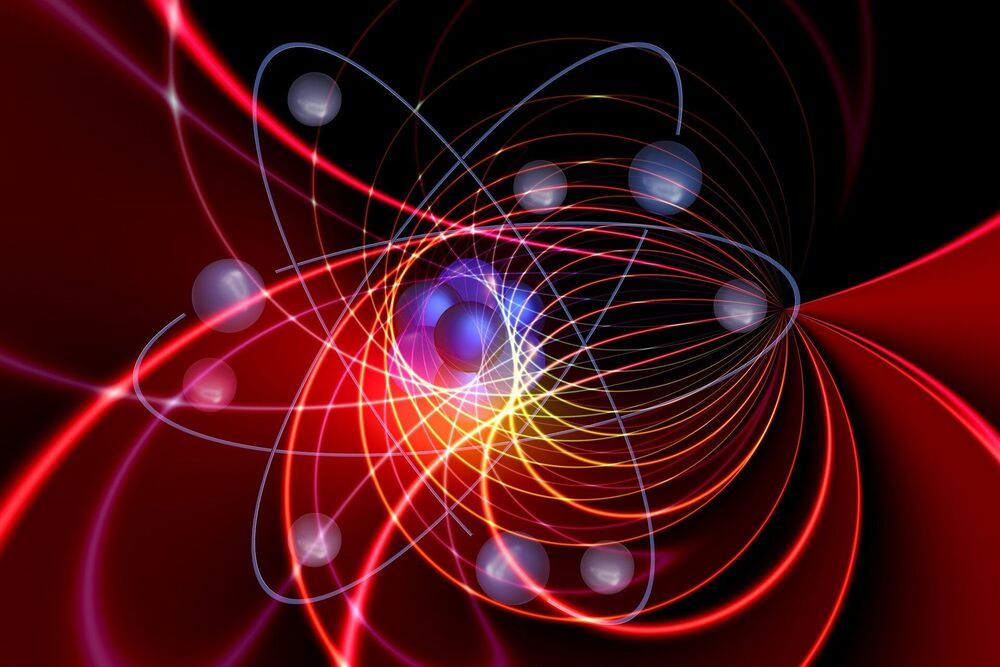First introduced into wide use in the middle of the 20th century, nuclear magnetic resonance (NMR) has since become an indispensable technique for examining materials down to their atoms, revealing molecular structure and other details without interfering with the material itself.
“It’s a broadly used technique in chemical analysis, materials characterization, MRI—situations in which you do a non-invasive analysis, but with atomic and molecular details,” said UC Santa Barbara chemistry professor Songi Han. By placing a sample in a strong magnetic field and then probing it with radio waves scientists can determine from the response from the oscillating nuclei in the material’s atoms the molecular structure of the material.
“However, the problem with NMR has been that because it’s such a low-energy technique, it’s not very sensitive,” Han said. “It’s very detailed, but you don’t get much signal.” As a result, large amounts of sample material may be needed relative to other techniques, and the signals’ general weakness makes NMR less than ideal for studying complex chemical processes.
